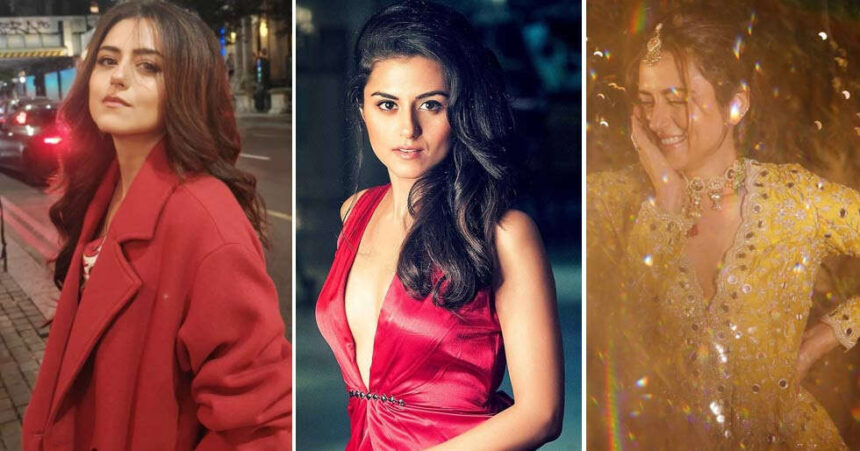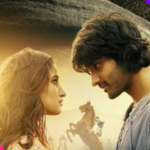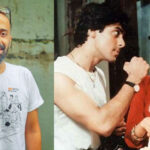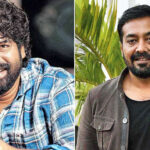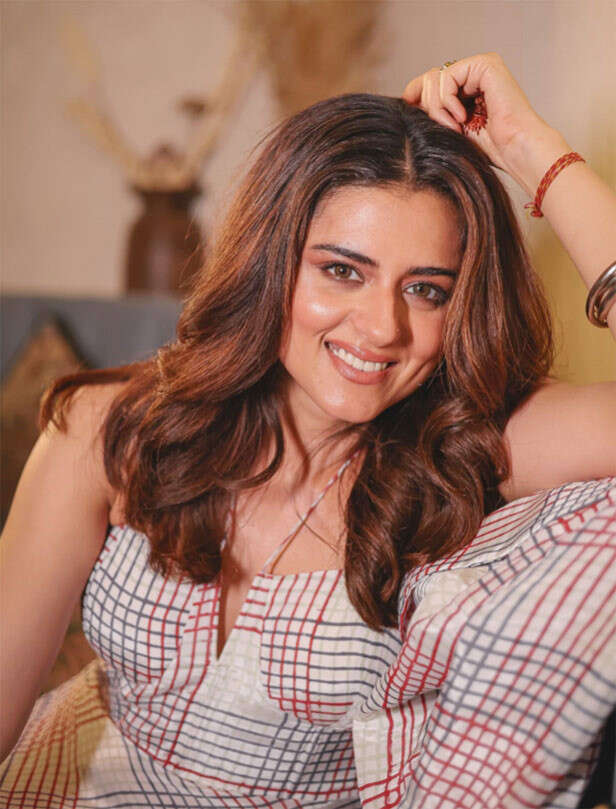
I genuinely feel I’m only getting started. I am an accidental actor. I didn’t plan things then, I don’t plan things now. For me, it has always been like I’m starting all over again. I was doing television and then for the next six years, I was doing OTT. And now suddenly, I’m doing films. The first risk I had taken was to leave my job to pursue acting. We all like to have pushing jobs where we get a salary at the end of the month. We know we’ll take these two or three vacations a year. I left that and became an actor. I left the cocoon of television because it’s like you’re on a salary. I left that and got into OTT. It’s not like I’m comfortable now. But I’m really grateful that I’ve been around for so long.
How did The Sabarmati Report come to you?
Amol (Mohan), the producer, approached me. I was very skeptical. I had, sort of, said no. But he insisted that I meet the director once. We met up and that’s how it happened. I had a little idea about the film being made. I just hoped they didn’t come to me with a twist. Sometimes you don’t know which way things will go and you don’t know how it will be perceived. However, I had assurance once I spoke to the director, the team and the writer. Every time I had a question, I was given an answer. So that made me feel confident.
What kind of research did you do before playing your character?
My character is based in a particular time and she is a journalist, so it was important for me to have some understanding of the time. I sat with the writing team to help humanise a character in a scene. Apart from understanding what the story was and how the script rolled, it was also important to build the character.
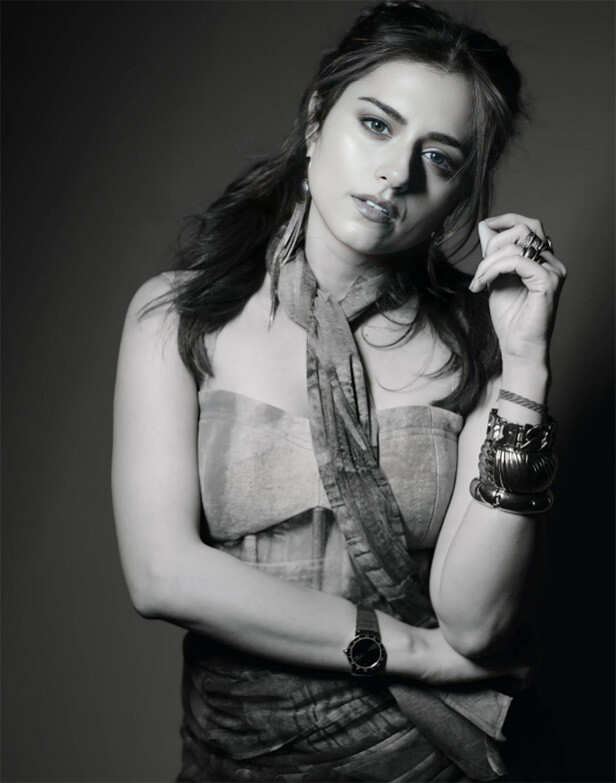
It’s always exciting to play an antagonist. However, my backdrop has been such that I have always played the leading lady. It was very important that whatever I did I had to make it impactful. I had to make it a believable character. You can hate her, but I’m always trying my best to make the character a part of the story that she can’t be replaced or you can’t do without her.
What kind of acting approach do you take while playing the antagonist?
There is no difference in your approach as an actor. You only need to take up the challenge. If you can accept the absolute goodness of a good character, then you also can accept the gray of an antagonist. So, just have no judgment.
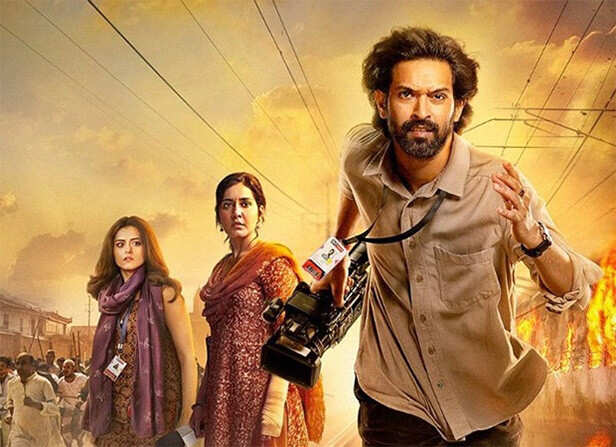
As for Animal, the lens that I looked at it from was different. There are many horrible men out there who are pathetic with women. But I also feel like there’s a huge number of men or boys who are actually good, soft and gentle. They have to put up a macho front. When I saw Animal, I thought that it is a great telling of a man who actually was very soft and kind as a child. He then got ruined and became what he did. It was about how people change and what they become. I’m not saying I have a soft spot for this character, but I’m saying that as a society, we must understand what films and cinema are trying to do.
Everyone wants to feature as Shah Rukh Khan’s romantic partner, but you chose a motherly role opposite him.
I also ask myself the same thing. But honestly, I look at things that I do as a whole. I was not sure of doing it. I shot the whole time in a lot of anxiety. It’s not like it was easy for me. The fact that Atlee called me and he wanted to cast me was special. A funny incident is when Atlee wanted to meet me again, but I refused. His team insisted that I meet him. I really didn’t want Atlee to explain it to me again. He could have cast anybody but the fact that he chose me was special. It’s not like he can’t have any other actor. So the fact that he was wanting to cast me gave me confidence to play the part.
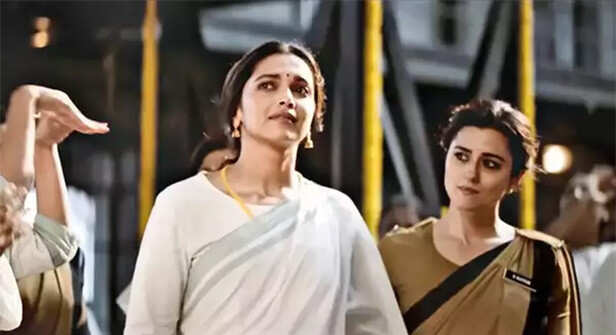
Shah Rukh Khan, Deepika Padukone, Atlee, Vijay Sethupathi or Farah Khan are very friendly. Even Salman Khan. I would say for all these people, the one thing that I see is that they are really grounded. They have got the wings but remain rooted in. They are humble about their success. And you feel good when you meet people like them who are highly successful and then also turn out to be good. On the set, they are also sitting on the same plastic chair as you. They may have fancier things, but they carry their humility. So there were instances, when I was sitting with the cast. I don’t know if Deepika did it intentionally or not but I remember – we were doing a scene and she was sitting with me. Her team was also present. I generally don’t interfere in people’s personal spaces. I have a habit of stepping away if I don’t know someone. So I pushed my chair a little behind. And I remember Deepika pulled her chair behind and sat in the same line as me. That’s a very small thing. I don’t even know if she did it intentionally, but it struck a chord with me. It made me feel really warm. During our DOP’s birthday, Shah Rukh asked me to join them. It was my first day on set and I’m a little socially awkward in general. But he actually came to me and asked me to join them. He didn’t need to, he is Shah Rukh Khan. It’s a very small gesture, but it tells what sort of a person he is.


